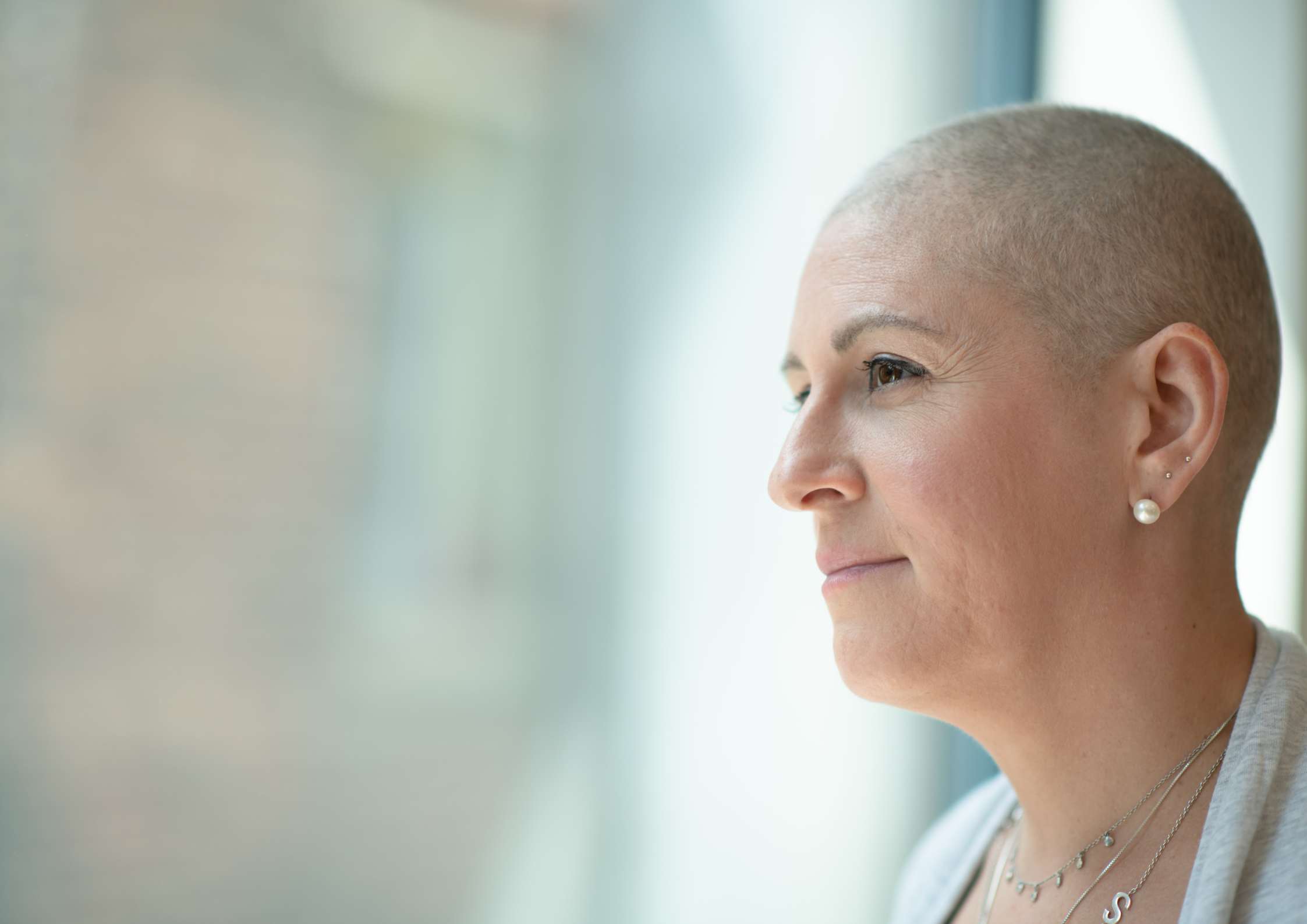Returning to work after cancer is far more than a financial necessity. For many survivors, it represents recovery of identity, social connection, and normal life. But as highlighted in a 2024 scoping review conducted by Griffith University and Hannover Re, the journey back to work is complex and shaped by a wide range of physical, psychological, and workplace factors.
The review analysed 320 empirical studies published between 2013 and 2023, making it one of the most comprehensive summaries of cancer survivorship and return-to-work (RTW) to date. By systematically mapping out barriers, facilitators, and practical recommendations, the research offers valuable insights for healthcare providers, employers, insurers, and rehabilitation specialists – including us, as exercise physiologists working within the occupational rehab space.
The Barriers to Returning to Work
Cancer survivors are 1.37 times more likely to be unemployed than healthy individuals. The review found that factors such as cancer severity, treatment side effects, fatigue, mental health, and workplace demands contributed to this disparity.
Key barriers identified include:
- Cancer and treatment-related effects: fatigue, nausea, cognitive changes, and surgical complications were repeatedly reported as major obstacles. Fatigue was the single most common issue, cited in over 200 studies.
- Mindset: mental health challenges (anxiety, depression), a change in life outlook / priorities, and reduced self-efficacy often limited survivors’ confidence in resuming work.
- Socio-economic challenges: the financial strain of being away from work, expenses relating to cancer treatment, career disruptions in younger individuals and difficulty re-integrating into the work force for older individuals were all identified as barriers for returning to work.
- Workplace: physically demanding roles, stressful work environments, lack of accommodations from employers and unsupportive environments made the transition back to employment difficult.
What Helps: The Facilitators of Return to Work
On the other side of barriers are the facilitators that make successful work reintegration possible. With the right support at the right time, many of the challenges outlined above can be overcome. This is exactly where we, as Exercise Physiologists, are proud to contribute. The review highlighted several key facilitators:
- Physical interventions – such as structured exercise programs (that’s us!) rebuilds strength and reduces fatigue, as well as improving mental wellbeing.
- Psychological and psychosocial interventions – including counselling, support groups, and education – reduces emotional distress, provides social connection and improves coping.
- Workplace accommodations – such as flexible hours, modified duties, and supportive work environments, enables survivors to rebuild their work capacity at their own pace.
- Mindset factors – like resilience, optimism, having a strong work ethic, and positive expectations about returning to work were associated with smoother RTW outcomes.
Practical Recommendations from the Review
Survivors face a multi-layered set of challenges that require equally multi-faceted solutions. The authors offered practical recommendations in 3 key areas to support a holistic approach to occupational rehabilitation post cancer:
- Comprehensive rehabilitation programs – integrating physical therapy, psychological counselling, and vocational support (including that of occupational physicians and employers). An early referral to occupational therapy ensures that the rehabilitation meets the needs of the individual in the context of their work environment and demands.
- Patient-centered interventions – tailoring rehabilitation and RTW plans to cancer type, treatment effects, work demands, and individual preferences. Counselling can help to overcome the emotional and psychological challenges around work, as well as providing education to empower them in decision making. Fatigue management and nutritional education also play a part in providing rehabilitation that is centered around the patient.
- Occupational therapy integration – embedding meaningful, purposeful activities in rehab, collaborating with employers for work accommodations, as well as providing support and advocacy for survivors’ rights in the workplace.
These recommendations highlight that no single intervention is enough; instead, a coordinated, individualised approach is essential.
The Role of Exercise Physiology in Cancer Survivor RTW
Exercise offers a dual benefit for cancer survivors – it restores the body and supports the mind. Physically, structured programs help to reduce fatigue, rebuild strength, and improve cardiovascular fitness, all of which are commonly diminished during treatment and recovery. Psychologically, exercise has been shown to lower anxiety, lift mood, and sharpen cognitive function, giving survivors the confidence to re-engage with daily life. At Specialised Health, we design programs with the principle of specificity in mind, ensuring that improvements in strength, endurance, and focus directly match the requirements of the client’s role. This way, the gains made in rehabilitation translate seamlessly into workplace performance.
Equally important is the way we deliver this support. Rehabilitation is never a solo effort, which is why we prioritise collaboration and communication at every step. We keep referrers, GP’s, and other key stakeholders closely informed with clear updates on progress, capacity, and potential barriers, making sure that everyone has the information they need to make effective decisions. This proactive approach not only aligns with best practice in occupational rehabilitation but also ensures that the return-to-work journey is coordinated, efficient, and sustainable.
Moving Forward: From Research to Practice
The scoping review makes it clear: returning to work after cancer requires multidisciplinary, patient-centred support. Exercise physiology sits at the heart of this, bridging the gap between medical treatment and meaningful work participation.
By addressing both physical and psychological barriers, tailoring programs to individual roles, and maintaining strong communication with stakeholders, we can help cancer survivors achieve not just a quicker return to work, but a more sustainable and fulfilling recovery. When we look at the bigger picture, we can help them to navigate their return to work with empathy, support, and resilience.
Reference:
Chan, X. W., Khaw, J., Esterhuizen, M., & Khalil, W. (2024). Return-to-work of Cancer Survivors: A Scoping Review. Griffith University & Hannover Life Re of Australasia Ltd.
#exercisephysiology #exerciserehab #rehabilitation #lifeinsurance #incomeprotection #ctp #workcover #mobile #mobileexercisephysiology #fatigue #mentalhealth #cancer #musculoskeletal #injury #pain #physio #physiotherapy #Sydney #Brisbane #Melbourne #Adelaide #Auckland #Waikato #BayofPlenty #Wellington #Otago #Christchurch



